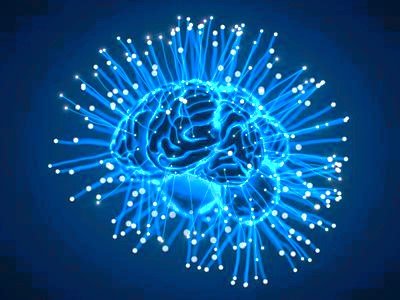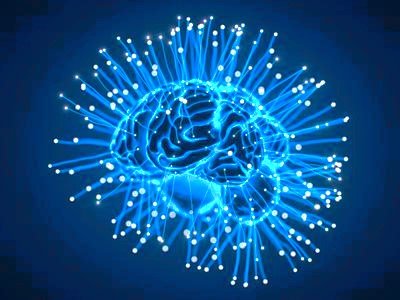Computational Psychiatry – A New Concise Introduction (101 Concept)
Computational psychiatry is a new actor in the constantly changing area of mental health. Connecting the links between the intricate world of psychiatry and sophisticated computing is the focus of this cutting-edge subject. Let’s take a deep dive, but don’t get too technical, as we examine what computational psychiatry is, why it’s becoming popular, and how it’s changing our understanding of the human mind.

What’s Computational Psychiatry, Anyway?
Computational psychiatry is fundamentally similar to a tech-savvy detective. It makes sense of the brain’s circuitry and how mental health issues are related to it using mathematical models and computer simulations. Imagine if your brain were a supercomputer that could analyze every facet of human emotion, thinking, and action. That’s computational psychiatry for you; it’s insightful, state-of-the-art, and very awesome.
The “Why” Behind the Buzz
Why, therefore, is computational psychiatry gaining prominence? To begin with, mental health is an enigma that has existed for as long as humanity. Many of the parts of this puzzle have been provided by traditional psychiatry, but some are still missing or don’t quite fit. Enter computational psychiatry, which can mimic and model the intricacies of the brain, providing previously unattainable new insights.
The Game-Changer in Understanding Mental Health
Imagine the brain as a billions of neurons interacting in an extremely complex network. Though it might be intimidating to understand this network, computational psychiatry is prepared to take on the task. It’s similar to being in unfamiliar area with a map and compass. Computational psychiatry can anticipate behaviors, find risk factors for mental health illnesses, and even suggest novel treatment approaches by modeling the functioning of brain networks. It’s revolutionary, to put it mildly.
The Tools of the Trade
There is more to computational psychiatry than merely crunching data in front of a computer screen. This is an interdisciplinary celebration that integrates computer science, mathematics, neurology, and psychology. The instruments of the craft? Among these are sophisticated algorithms, machine learning models, and brain imaging methods. By using these technologies, researchers can better comprehend mental health diseases by deciphering the language of the brain.
Real-World Impact: From Theory to Therapy
Let’s be honest now. What practical impact does computational psychiatry have? It’s opening the door for personalised medication in psychiatric, to start with. Treatments may be customised for each patient by taking into account their distinct brain circuitry. It is comparable to owning a custom outfit, but for your mental well-being. Computational models are also expediting the transition from laboratory research to bedside care by assisting in the identification of possible novel medications and therapies.
Challenges and Considerations
Of course, there are difficulties in any industry. Since computational psychiatry is still in its infancy, strong ethical frameworks are needed, particularly with regard to data privacy and the interpretation of computer models. Furthermore, establishing a bridge between academics and doctors is necessary to incorporate computational techniques into clinical practice and guarantee that these sophisticated models can be converted into workable, efficient therapies.
The Future Is Bright
Computational psychiatry seems like a bright future for mental health as we approach a new chapter in its history. We are living in an exciting period, where potentially ground-breaking discoveries might occur at any moment. Though there is still much to learn about the human mind, computational psychiatry has given us a useful tool to help us deal with the difficulties associated with mental health.
Conclusion: A New Frontier in Psychiatry
To sum up, computational psychiatry is more than simply a catchphrase. There has been a paradigm change in the way we view mental health. Through the use of computational power, we can solve centuries-old questions about the brain. Although there are obstacles to overcome, there are a ton of potential advantages for diagnosing and treating mental health conditions. Thus, let’s toast to computational psychiatry, the newest field in our study of the mind. The opportunities on this journey are as endless as the intricacies of the brain itself, so let’s welcome it with open minds and wide arms.
This concludes our succinct overview of computational psychiatry. This topic combines the accuracy of computation with the subtlety of human psychology, making it both interesting and promising. Who knows what new information we will uncover as we investigate this fascinating junction further? One thing is certain: computational psychiatry is paving the way for a more promising future in mental health than it has in the past.


